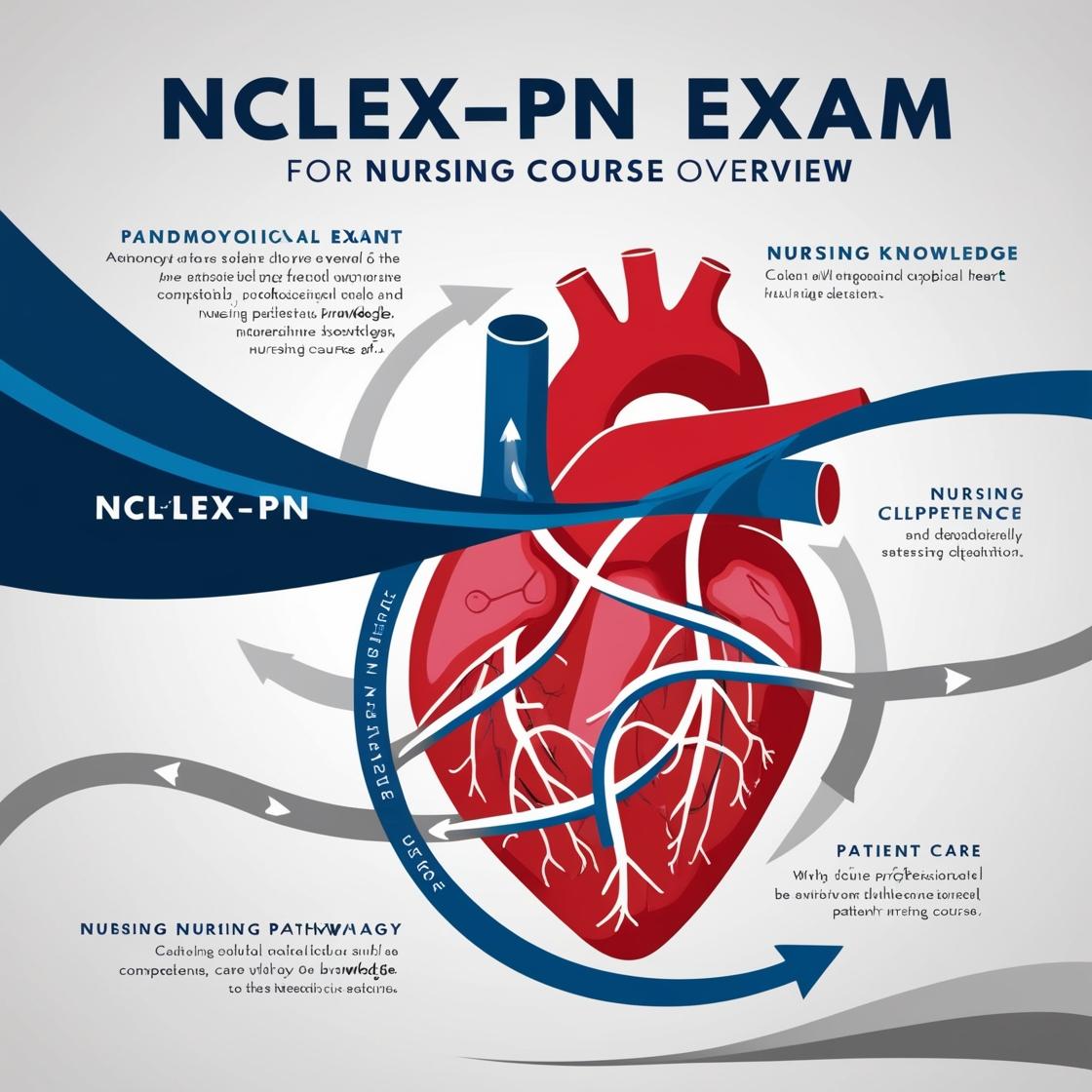NCLEX NCLEX-PN
2024 Nclex Questions
1. When the nurse who was not promoted first read the memo and learned that the other nurse had received the promotion, she left the room in tears. This behavior is an example of:
- A. conversion.
- B. regression
- C. introjection.
- D. rationalization
Correct answer: B
Rationale: Crying is a regressive behavior. The ego returned to an earlier, comforting, and less-mature way of behaving in the face of disappointment. Regression involves reverting to an earlier stage of development to cope with stress or conflict. In this scenario, the nurse regressed to a childlike state by crying when faced with the disappointment of not getting the promotion, demonstrating regression as a defense mechanism. Conversion involves transforming anxiety into a physical symptom. Introjection involves unconsciously identifying intensely with another person. Rationalization involves unconsciously creating acceptable explanations to justify unacceptable ideas, actions, or feelings. Therefore, the correct answer is regression as it aligns with the nurse's behavior of regressing to a childlike state by crying due to the disappointment of not receiving the promotion.
2. A healthcare provider is preparing to assess the acoustic nerve during a neurological examination. To assess this nerve, the provider uses which technique?
- A. Uses a tuning fork
- B. Asks the client to puff out the cheeks
- C. Tests taste perception on the client's tongue
- D. Checks the client's ability to clench the teeth
Correct answer: A
Rationale: Testing of cranial nerve VIII (acoustic nerve) involves assessing hearing acuity through techniques like the whispered voice test and tuning fork tests (Weber and Rinne). Using a tuning fork helps determine if sound lateralizes to one ear (Weber) and compares air conduction to bone conduction (Rinne). Asking the client to puff out the cheeks is for cranial nerve VII (facial nerve) function evaluation. Testing taste perception on the tongue assesses cranial nerve IX (glossopharyngeal nerve) function. Checking the ability to clench teeth assesses cranial nerve V (trigeminal nerve) motor function.
3. When a woman is having her first child, she is experiencing which type of crisis event?
- A. situational
- B. maturational
- C. adventitious
- D. reactive
Correct answer: B
Rationale: A maturational crisis occurs when an individual reaches a new stage of development, such as becoming a parent for the first time, and needs to develop new coping strategies to adapt to this change. Situational crises (Choice A) arise from external sources, not developmental milestones. Adventitious crises (Choice C) are caused by external events like natural disasters and are not related to personal development stages. Reactive crises (Choice D) are responses to specific stressors and are not associated with developmental milestones like becoming a parent for the first time.
4. Which of the following clients should refrain from therapy with the thiazide diuretic hydrochlorothiazide?
- A. a client with renal impairment
- B. a client with hypertension
- C. a client with diabetes mellitus, type II
- D. a client with renal calculi (kidney stones)
Correct answer: C
Rationale: The correct answer is a client with diabetes mellitus, type II. Thiazide diuretics like hydrochlorothiazide can cause metabolic abnormalities, including elevated blood glucose levels. This increase is linked to diuretic-induced potassium deficiency, which reduces insulin secretion, leading to higher plasma glucose levels. Thiazides are commonly used in clients with renal impairment and hypertension. Moreover, thiazides decrease calcium excretion, reducing the risk of renal calculi, so it is not contraindicated for clients with kidney stones. Therefore, clients with diabetes mellitus, type II should avoid therapy with hydrochlorothiazide due to the potential adverse effects on blood glucose levels.
5. When medications have an additive, synergistic, or antagonistic effect on a tissue, a ________ reaction has occurred.
- A. pharmaceutical
- B. pharmacodynamic
- C. pharmacokinetic
- D. drug incompatibility
Correct answer: B
Rationale: The correct answer is 'pharmacodynamic.' Pharmacodynamics pertain to the effect of a drug on receptors, explaining how drugs affect tissues. Pharmaceutical reactions refer to chemical reactions between drugs before administration or absorption, not their effect on tissues. Pharmacokinetic reactions involve how the body affects the drug, not the tissue. Drug incompatibilities are essentially pharmaceutical reactions, not the specific effects on tissues seen in pharmacodynamic reactions.

Access More Features
NCLEX PN Basic
$69.99/ 30 days
- 5,000 Questions with answers
- Comprehensive NCLEX coverage
- 30 days access
NCLEX PN Premium
$149.99/ 90 days
- 5,000 Questions with answers
- Comprehensive NCLEX coverage
- 90 days access
